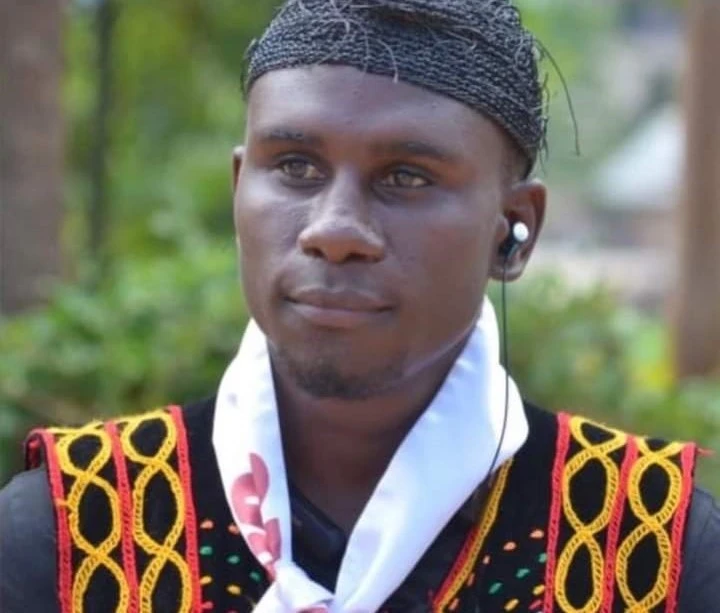Cameroonian authorities are being urged to investigate the recent murder of journalist Anye Nde Nsoh, a crime which underscores the increasing peril facing journalists in the country. The plea for justice and safety comes from the Committee to Protect Journalists, following the brutal killing of Nsoh in Bamenda, the capital of the Northwest Region, last Sunday.
In a shocking turn of events, Nsoh, aged 26, was gunned down outside a local bar around 9 p.m., according to numerous news sources. Capo Daniel, a prominent figure within the separatist Ambazonia Defense Council, revealed in a video statement that a member of his faction was responsible for the fatal shooting. He claimed, however, that the attack was a case of mistaken identity, with the journalist being confused for a regular military commander at the bar.
Angela Quintal, CPJ’s Africa program coordinator, urged the Cameroonian authorities to ensure a thorough investigation into Nsoh’s murder, bringing those responsible to justice, and not allowing the incident to be misused for propaganda purposes. She expressed concern about the dangerous situation for journalists in the Anglophone regions of Cameroon, where they are caught between government forces and separatist fighters, both of whom pose threats.
Despite acknowledging the killing as “an unfortunate event,” Daniel expressed satisfaction with his group’s internal investigation into the matter.
Nsoh was a prominent local figure, covering sports, culture, and local news as the Northwest bureau chief for the privately-owned newspaper The Advocate. He also served as a correspondent for several media outlets, including City FM, Dream FM, and kick442.com. Following the incident, local police attributed the murder to “a group of armed terrorists” and vowed to bring the culprits to justice.
This killing is the latest in a string of violent incidents impacting the journalism community in Cameroon. Since the outbreak of the conflict between the Cameroonian government and the English-speaking minority in 2017, over 6,000 people have been killed and 765,000 displaced, according to the independent International Crisis Group. This year alone, journalists Martinez Zogo and Jean-Jacques Ola Bebe were also killed, instilling a profound sense of fear and unease among their peers.
A wave of sympathy has washed over Bamenda following Nsoh’s killing, with scores of civilians and reporters visiting the deceased journalist’s family, and the Advocate newspaper’s head office, to express their condolences. The publisher of the newspaper, Tarhyang Enowbikah Tabe, described Nsoh as an upright, good-humoured individual, expressing his bafflement and distress over the tragic loss. As the cloud of uncertainty continues to loom over Nsoh’s death, journalists in Cameroon remain on edge. Despite assurances of protection from Cameroon’s Communication Minister, Rene Emmanuel Sadi, the escalating violence serves as a stark reminder of the ongoing risks and challenges they face in their line of duty.
Image Credit: The Advocate





